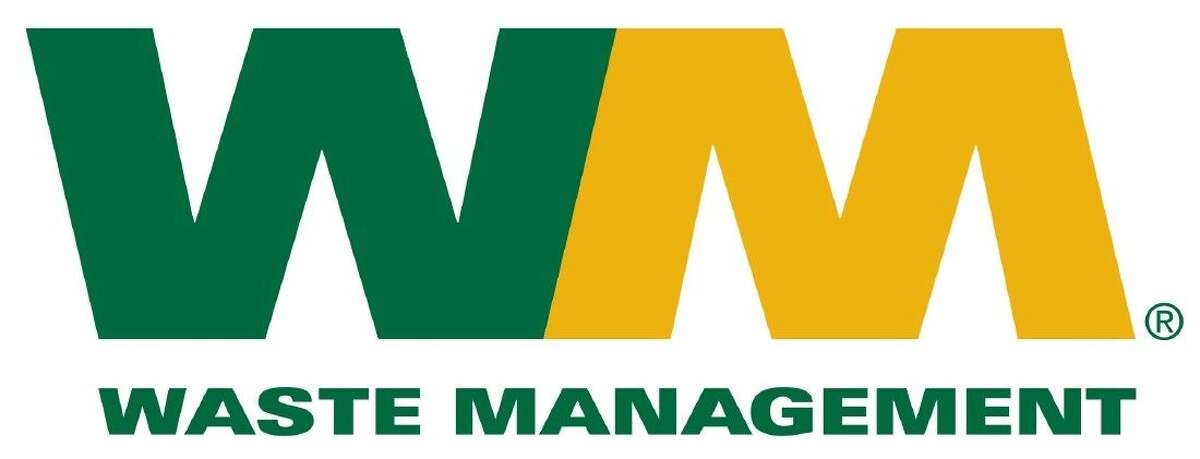
The Casella garbage company is a regional player in waste management in the Northeast. Recently, the company was accused of violating labor laws in three states. The stock of the company has risen 540% in just a few months after it announced a consolidation of its operations. The CEO believes that hard work pays off.
Casella has violated labor laws of all three states
Three former Casella Waste Systems Rutland drivers are suing Casella Waste Systems for allegedly violating labor law. They claim they weren't paid for routine overtime, and the company took their 30-minute meal breaks out of their wages. Casella required drivers that they inspect the vehicles before and afterwards each trip. The plaintiffs are seeking damages as well as attorneys' fees.
Casella is a regional player in the Northeast's waste management system
Casella is a major regional player in the waste management sector, with operations throughout New England and New York. It operates a variety of facilities, including transfer stations, landfills and recycling centers. Its Rutland facility is the only open landfill in Vermont. It is publicly traded, and it expects to generate $774 million in 2020. The company will report its latest earnings after the markets close.

Since Casella consolidated operations, Casella's stock price has increased by 540%
The stock of the company is trading at an all-time high, and has a market cap exceeding $1.8 billion. The company has risen from several bad decisions over the years to become one of New England's top garbage mover. Doug and John Casella are among the most wealthy people in Massachusetts and are involved in day-to-day business operations.
Casella's CEO explains that hard work pays off
Casella is an organization that manages waste and recycles resources. World Finance Magazine recently ranked Casella as the most sustainable company within its industry. The company has achieved many record-setting achievements thanks to its dedication and hard work.
Casella's stock closed yesterday at 55 cents a share
It was the lowest point in company history, closing at 55 cents per share on March 12, 2009. This was down from over twenty times more in 1997. Casella's history of significant debt has meant that it has not performed well in recent financial years. However, the company made some changes in its business model to improve its prospects.
Casella's debt used to finance a landfill project
Casella is using debt to finance its landfill development initiative. The company plans to have the new capacity up and running by 2023 or 2024. The company is predicting further profitability over the next few years, and executives say they are confident that their business model can support future growth.

Casella's acquisition spree
Casella has undertaken a huge acquisition spree. The company has already made at least six acquisitions, and invested in one company. In total, it has spent $355million. Casella's investments include waste management, construction, demolition, and raw materials.
FAQ
What are the five management steps?
The five stages of a business include planning, execution (monitoring), review, evaluation, and review.
Planning means setting goals for the long-term. It includes defining what you want to achieve and how you plan to do it.
Execution happens when you actually do the plan. You need to make sure they're followed by everyone involved.
Monitoring is checking on progress towards achieving your objectives. Regular reviews should be done of your performance against targets or budgets.
At the end of every year, reviews take place. They are a chance to see if everything went smoothly during the year. If not there are changes that can be made to improve the performance next year.
Evaluation takes place after the annual review. It helps to determine what worked and what didn’t. It also provides feedback on how well people performed.
What are the four major functions of Management?
Management is responsible of planning, organizing, leading, and controlling people as well as resources. It includes the development of policies and procedures as well as setting goals.
Management assists an organization in achieving its goals by providing direction, coordination and control, leadership, motivation, supervision and training, as well as evaluation.
Management has four primary functions:
Planning - Planning is about determining what must be done.
Organizing: Organizing refers to deciding how things should work.
Direction - This is the art of getting people to follow your instructions.
Controlling: Controlling refers to making sure that people do what they are supposed to.
What are some of the common mistakes made by managers?
Sometimes, managers make their job more difficult than it is.
They may not delegate enough responsibilities to staff and fail to give them adequate support.
Many managers lack the communication skills to motivate and lead their employees.
Managers sometimes set unrealistic expectations of their teams.
Some managers may try to solve every problem themselves instead of delegating responsibility to others.
Statistics
- The average salary for financial advisors in 2021 is around $60,000 per year, with the top 10% of the profession making more than $111,000 per year. (wgu.edu)
- As of 2020, personal bankers or tellers make an average of $32,620 per year, according to the BLS. (wgu.edu)
- This field is expected to grow about 7% by 2028, a bit faster than the national average for job growth. (wgu.edu)
- Your choice in Step 5 may very likely be the same or similar to the alternative you placed at the top of your list at the end of Step 4. (umassd.edu)
- 100% of the courses are offered online, and no campus visits are required — a big time-saver for you. (online.uc.edu)
External Links
How To
How do you apply the 5S at work?
Your workplace will be more efficient if you organize it properly. A clean desk, a tidy room, and a well-organized workspace help everyone stay productive. The five S's, Sort, Shine. Sweep. Separate. and Store, work together to make sure that every inch of space can be used efficiently and effectively. This session will go over each of these steps and show how they can be used in any setting.
-
Sort. You can get rid of all papers and clutter, so you don’t waste time looking for what you need. You need to put your things where you use them the most. If you frequently refer back to something, put it near the place where you look up information or do research. You need to think about whether or not you really have to keep it around.
-
Shine. Keep your belongings tidy and organized so you can spend less time cleaning up afterwards. Get rid of anything that could potentially cause damage or harm to others. If you have lots of pens, it is a good idea to find a safe place to keep them. You might consider investing in a pen holder. This is a smart investment since you won't have to lose any pens.
-
Sweep. To prevent dirt buildup on furniture and other items, clean them regularly. To ensure that surfaces are clean and as neat as possible, you might consider investing in dusting equipment. To keep your workspace tidy, you could even designate a particular area for dusting and cleaning.
-
Separate. You will save time when disposing of trash by separating it into separate bins. You can dispose of your garbage easily by placing trash cans strategically around the office. You can take advantage of this location and place trash bags near each bin to make it easy to find what you are looking for.